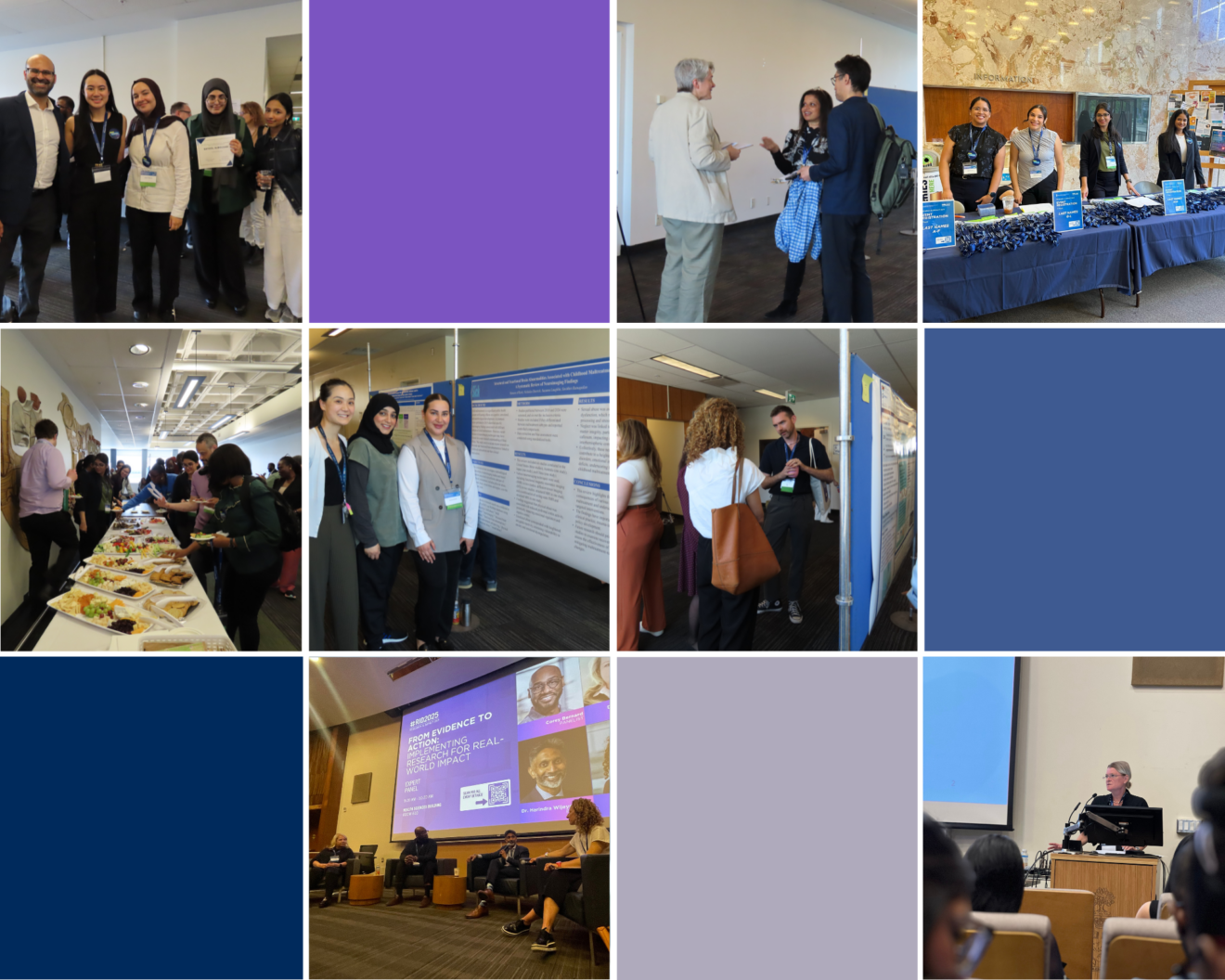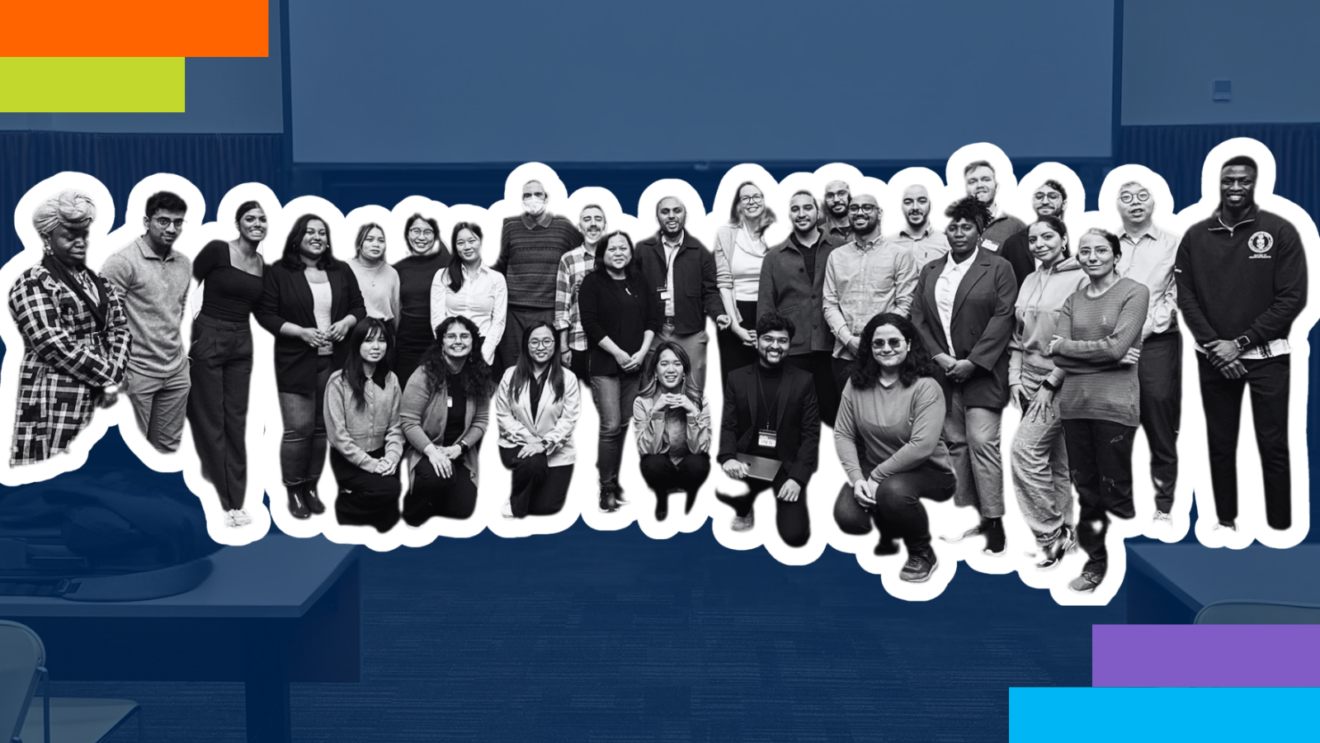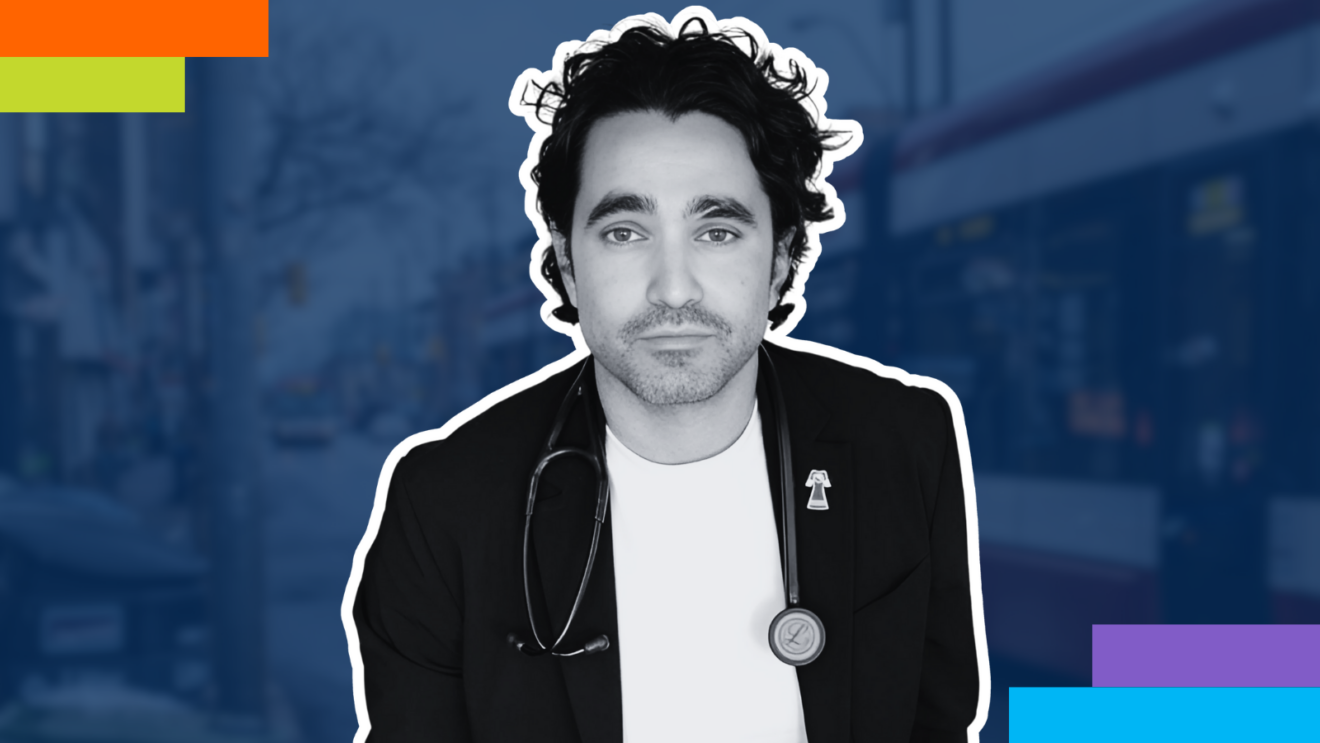
The COVID-19 pandemic exposed major weaknesses in Canada’s ability to respond to public health crises. From failing to maintain a stockpile of personal protective equipment to confusing messages from public health leaders, essential lessons have been learned from our brush with the novel coronavirus.
But what have we learned about successful governance from past pandemics? It’s a question that Dr. Abi Sriharan, director of the System Leadership and Innovation program at IHPME, looked at in a review paper published in the journal Medical Care Research and Review. The team, which includes Jennifer Gutberg, a PhD student in the Health Systems Research program, and researchers in the U.S., U.K. and Australia, examined international studies on pandemic leadership that were published from 2003 until now. What they found is that to be effective, leaders must have the knowledge, skills and behaviours to plan and prepare for the emergency, manage relationships and respond to changing circumstances.
“It’s not a check-box process to say a leader needs an emergency management plan and to create teams, synthesize evidence and operationalize plans. It’s also about how you adapt,” says Sriharan. Here, she talks to Alisa Kim about the core competencies public health and health system leaders need to have to weather storms like COVID and why responses to emergencies are not one-size-fits-all.
Why did you want to study crisis leadership?
Early in the pandemic, a group of researchers in the Academy of Management talked about some leadership challenges we saw in public health and health care. Some of us were also teaching about leadership and wanted to understand what would help address the pandemic and how to prepare our current and future leaders.
We looked at crisis leadership from a global perspective. We saw interesting leadership successes and failures locally and internationally. Traditional approaches to emergency preparedness and management were not effective. We said pandemics have unique features from other public crisis situations. Often leaders were faced with situations with little or rapidly changing evidence. They faced the challenge of balancing public health and decisions about the economy and people’s mental health and well-being. That’s when we said need to understand what happens during pandemics and how leaders function to prepare, respond and recover from pandemics.
How was the research conducted?
We started looking at over 8,000 studies related to pandemics from SARS until now—so about 20 years. The literature on COVID is significantly broader, and the experience is long, but some of the challenges were similar. We saw similar themes across the globe.
What were the most important findings?
In traditional public health emergency management plans, there are always plans and protocols. The plans are task-oriented—‘This is the team that will be involved, how we will make decisions, and how we will respond.’ What was required with a dynamic crisis such as COVID is a leader’s ability to adapt to the changing environment rapidly. Every aspect of the pandemic was different and required a different set of decisions based on the context. Often, leaders had to combine ‘research evidence’ and ‘common sense evidence’ to adapt rapidly to changing circumstances, from the early days of deciding on lockdown measures to rolling out vaccination. They needed to be future-looking as well as present-focused. They needed to be able to look at the data and say, ‘OK, there is a crisis, there’s going to be an outbreak, so we need to do this.’ They also have to be able to say, ‘what makes sense right now?’
For example, in the early days of COVID, we thought, ‘this problem is happening in China, therefore let’s shut down borders for travellers from China.’ But most of the cases in Canada, for example, were from the U.S. or Italy. We had tunnel vision based on the emerging evidence, but we didn’t do the systems thinking and sense-making to say, ‘but the virus might have moved from China into different places. People are travelling around the world, so we need to think broadly.’
They also needed to look at ways to address misinformation and explore ways to inform the public to build trust and understanding. We saw with public health measures, cultural humility and collaboration are vital. They need to collaborate and have the support of political leaders and public. It’s about partnership. Leaders cannot handle a crisis like COVID without collaboration between academic researchers, frontline leaders, political leaders and the public at large.
We saw examples where leaders worked in siloes, and things failed. We have also seen examples of true collaboration, and things worked effectively. In certain situations, we need political leaders to talk. In some cases, we need scientists to do the talking. It’s about contextualizing the message and who’s going to do it.
How should these insights be used going forward?
Our paper outlines the framework for crisis leadership during a pandemic. We are now starting to test this framework through field-based studies. There is also a need to train health care and public health leaders on ‘adaptive public health leadership skills.’ We need to prepare leaders in sense-making, systems thinking, collaborative decision-making, and people competencies.
Related News

Sign up for IHPME Connect.
Keep up to date with IHPME’s News & Research, Events & Program, Recognition, e-newsletter.
Subscribe to Connect Newsletter
Get in Contact
Communications
Marielle Boutin
Email Address: ihpme.communications@utoronto.ca





